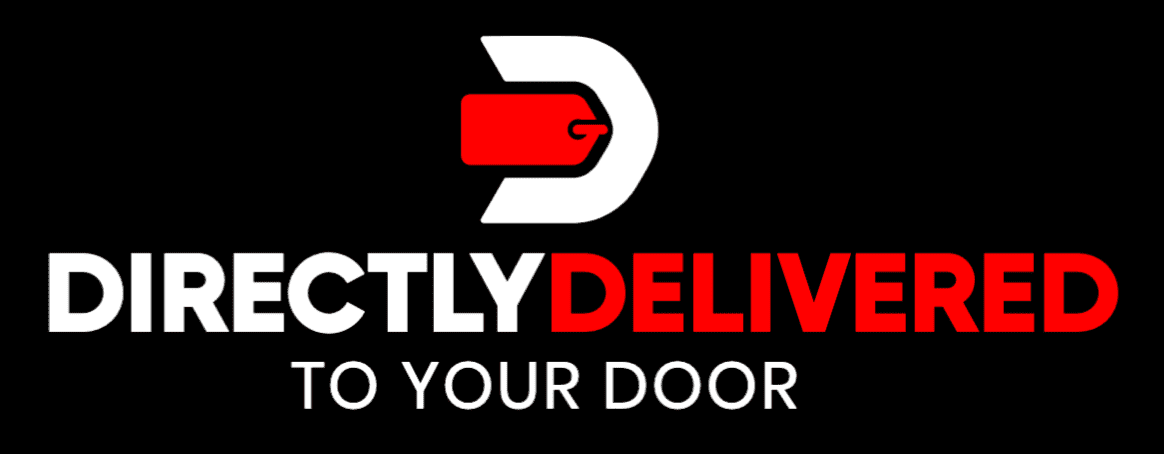On Thursday, the European Union published its first draft of a Code of Follow for general purpose AI (GPAI) models. The doc, which gained’t be finalized till Could, lays out pointers for managing dangers — and giving corporations a blueprint to conform and keep away from hefty penalties. The EU’s AI Act came into force on August 1, but it surely left room to nail down the specifics of GPAI laws down the highway. This draft (by way of TechCrunch) is the primary try to make clear what’s anticipated of these extra superior fashions, giving stakeholders time to submit suggestions and refine them earlier than they kick in.
GPAIs are these skilled with a complete computing energy of over 10²⁵ FLOPs. Firms anticipated to fall beneath the EU’s pointers embrace OpenAI, Google, Meta, Anthropic and Mistral. However that checklist may develop.
The doc addresses a number of core areas for GPAI makers: transparency, copyright compliance, danger evaluation and technical / governance danger mitigation. This 36-page draft covers a whole lot of floor (and can doubtless balloon far more earlier than it’s finalized), however a number of highlights stand out.
The code emphasizes transparency in AI improvement and requires AI corporations to supply details about the online crawlers they used to coach their fashions — a key concern for copyright holders and creators. The chance evaluation part goals to forestall cyber offenses, widespread discrimination and lack of management over AI (the “it’s gone rogue” sentient second in 1,000,000 dangerous sci-fi films).
AI makers are anticipated to undertake a Security and Safety Framework (SSF) to interrupt down their danger administration insurance policies and mitigate them proportionately to their systemic dangers. The principles additionally cowl technical areas like defending mannequin information, offering failsafe entry controls and regularly reassessing their effectiveness. Lastly, the governance part strives for accountability inside the corporations themselves, requiring ongoing danger evaluation and bringing in exterior specialists the place wanted.
Just like the EU’s other tech-related regulations, corporations that run afoul of the AI Act can count on steep penalties. They are often fined as much as €35 million (at present $36.8 million) or as much as seven % of their international annual earnings, whichever is larger.
Stakeholders are invited to submit suggestions via the devoted Futurium platform by November 28 to assist refine the following draft. The principles are anticipated to be finalized by Could 1, 2025.
Trending Merchandise

SAMSUNG FT45 Series 24-Inch FHD 1080p Computer Monitor, 75Hz, IPS Panel, HDMI, DisplayPort, USB Hub, Height Adjustable Stand, 3 Yr WRNTY (LF24T454FQNXGO),Black

KEDIERS ATX PC Case,6 PWM ARGB Fans Pre-Installed,360MM RAD Support,Gaming 270° Full View Tempered Glass Mid Tower Pure White ATX Computer Case,C690

ASUS RT-AX88U PRO AX6000 Twin Band WiFi 6 Router, WPA3, Parental Management, Adaptive QoS, Port Forwarding, WAN aggregation, lifetime web safety and AiMesh assist, Twin 2.5G Port

Wi-fi Keyboard and Mouse Combo, MARVO 2.4G Ergonomic Wi-fi Pc Keyboard with Telephone Pill Holder, Silent Mouse with 6 Button, Appropriate with MacBook, Home windows (Black)

Acer KB272 EBI 27″ IPS Full HD (1920 x 1080) Zero-Frame Gaming Office Monitor | AMD FreeSync Technology | Up to 100Hz Refresh | 1ms (VRB) | Low Blue Light | Tilt | HDMI & VGA Ports,Black

Lenovo Ideapad Laptop Touchscreen 15.6″ FHD, Intel Core i3-1215U 6-Core, 24GB RAM, 1TB SSD, Webcam, Bluetooth, Wi-Fi6, SD Card Reader, Windows 11, Grey, GM Accessories

Acer SH242Y Ebmihx 23.8″ FHD 1920×1080 Home Office Ultra-Thin IPS Computer Monitor AMD FreeSync 100Hz Zero Frame Height/Swivel/Tilt Adjustable Stand Built-in Speakers HDMI 1.4 & VGA Port

Acer SB242Y EBI 23.8″ Full HD (1920 x 1080) IPS Zero-Body Gaming Workplace Monitor | AMD FreeSync Expertise Extremely-Skinny Trendy Design 100Hz 1ms (VRB) Low Blue Gentle Tilt HDMI & VGA Ports







